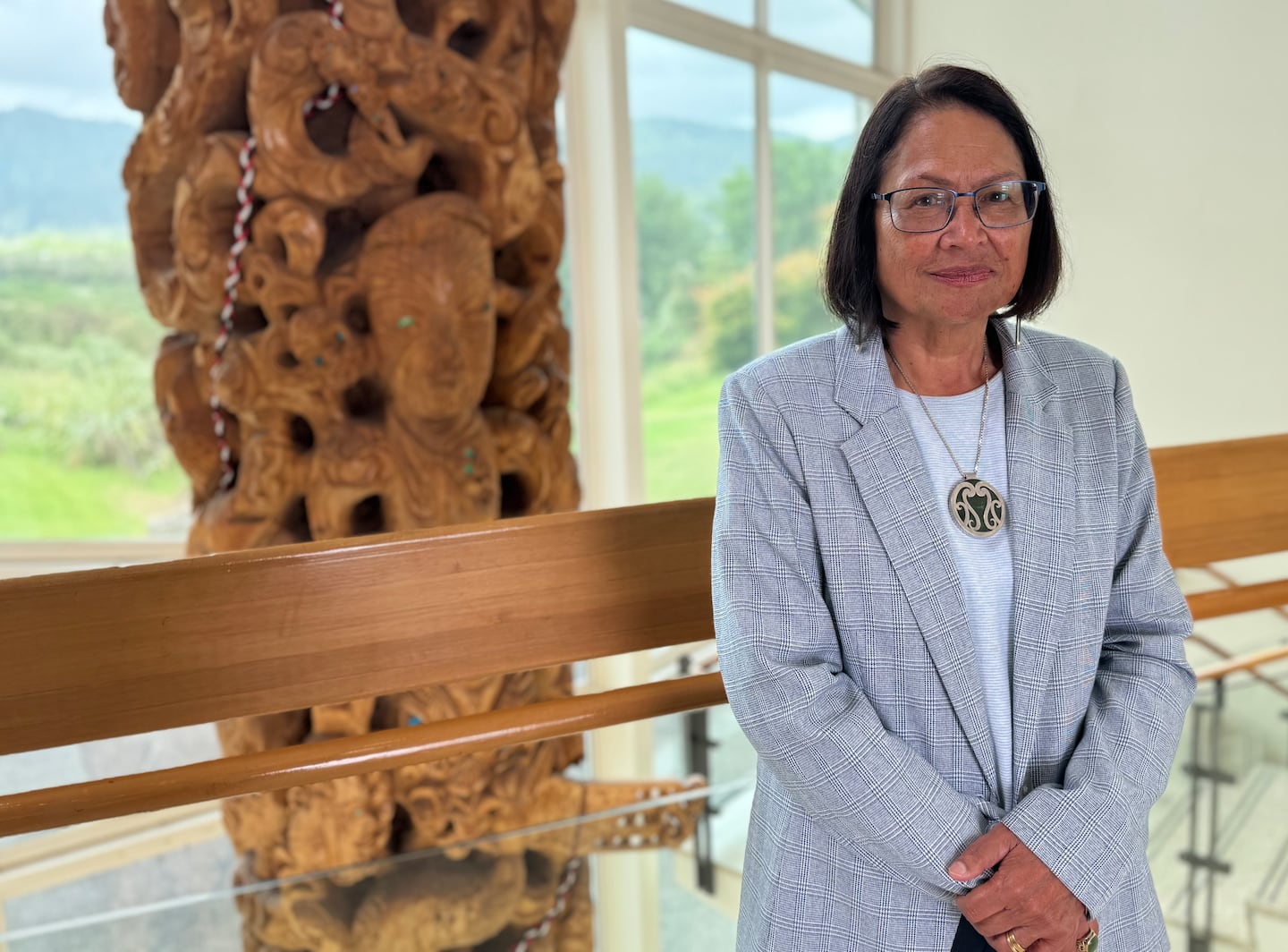The Waitangi Tribunal is hearing final submissions by Lady Tureiti Moxon and Te Kōhao Health, representing whaikaha tangata and whānau Māori needing home support..
This is part of the WAI 2575 Health Services & Outcomes Inquiry, with their claim, WAI 2910 (lodged in 2022), focusing on improving home support services for Māori.
As the head of one of Waikato’s biggest Whānau Ora providers, Moxon has offered to share a case study with the tribunal to highlight the whole disability system.
Figures presented to the tribunal showed 76 percent of Māori received home support from non-Māori, for-profit organisations which she said caused a risk of “discriminatory, substandard, culturally incompetent care”.
It also showed 39 percent of Māori did not receive any disability support, including home support, and only 15 percent of Māori received support from a Māori provider.
Moxon’s submission highlights what she said were the Crown’s “concerted efforts” to shut Māori providers out of caring for Māori with disabilities. She also addressed the challenges Māori providers faced in securing larger contracts when competing against major offshore bids.
“What I truly want is for whaikaha and those within the system to be given a fair go and, most importantly, to be genuinely heard. They must have the opportunity to actively participate in their own health and well-being, rather than having decisions made for them,” Moxon said in a statement.
A model created by Moxon explained the current system and how government officials had been allowed to create a home support system that was overly complicated across multiple agencies.
The model highlighted how the complex system kept Māori providers at the bottom, she said.
“The Crown has installed non-Māori organisations to gatekeep for it. Together they keep Māori providers out, keep them small and keep them irrelevant to the Crown.
“It’s important Māori providers are a part of the suite of services that are offered – they may not necessarily be the ones chosen all the time. However, our people should have access to this option.
“It’s unfortunate that ACC, Whaikaha and the Ministry of Health have undergone so many changes recently, yet true equity in the services provided to Māori remains far from achieved. The persistent impact of systemic racism continues to be a significant barrier for our people,” Moxon said.
Alongside her is Te Kōhao Health, whose submission describes the Crown’s emphasis on relationship-building and engaging with Māori at the level of setting aspirations as “propaganda”.



